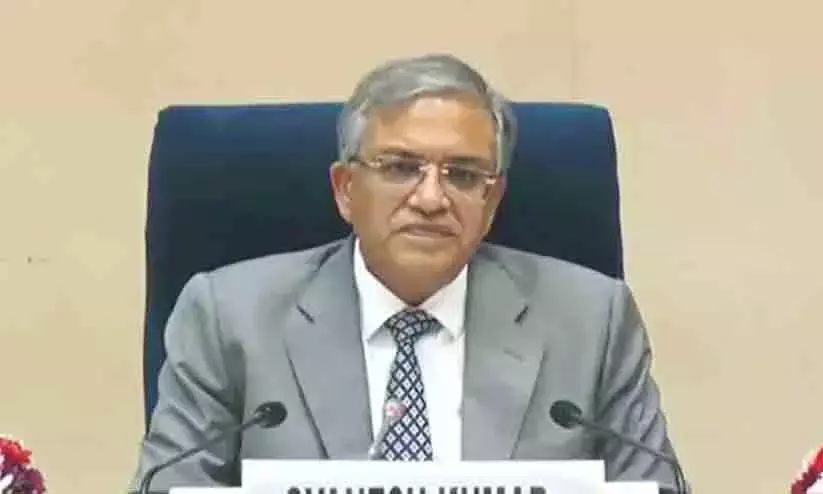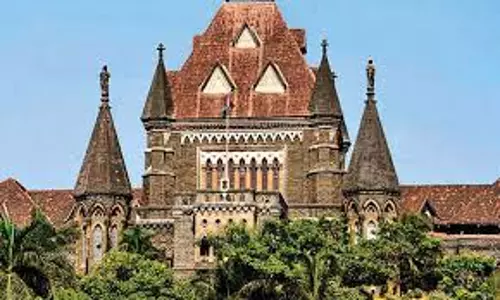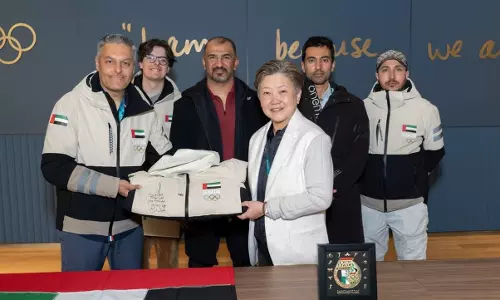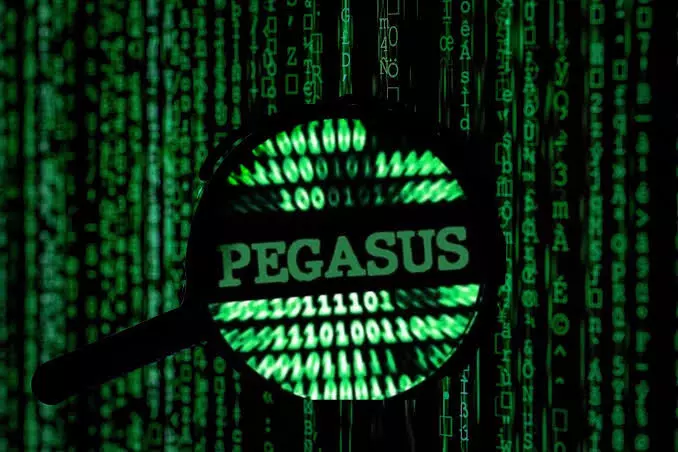
Found evidence of Pegasus use in smartphones: experts depose before SC committee
text_fieldsNew Delhi: The Supreme Court Committee appointed cyber security experts to look into the alleged use of espionage software Pegasus on the phones of prominent politicians and journalists across India had their deposition before the court that there was concrete evidence of the spyware use on the phones submitted for examination.
Both researchers are in service of the petitioners who hired them to provide a forensic analysis of the smartphones under investigation. One of the researchers, who went through 7 iPhones belonging to suspected targets, allegedly found the Pegasus software on 2 of them.
"Multiple entries going back to March 2021 indicating that the Pegasus malware tried to delete entries from the process table databases," the first cybersecurity researcher said in the affidavit to the Supreme Court.
After the software had attempted to delete personally identifiable data from the devices of the two persons, the cybersecurity researcher found that Pegasus had infected the phone of one of the petitioners in April 2018, and the other phone had "multiple entries" for various stages of malware deployment between June and July 2021, the Indian Express reported.
The second researcher went through 6 Android OS phones and found that 2 of them were infected with a variant of Pegasus while the other 4 had "distinct variants" of the software installed on them.
"We have an emulator for Android on which we verified that it has all the variants of the malware. What we found is that this (malware) is so virulent that it could not have been used for legitimate purposes. It not only reads your chats, it can get your videos, turn the audio or video at any time," the cybersecurity researcher was quoted as saying by the Indian Express.
The pressure to uncover the use of Pegasus spyware in India has only increased after a recent New York Times report alleged that India had purchased the software from Israel in 2017, and Israel had used the purchase as quid pro quo to get India to vote against according observer status to a Palestinian human rights organisation at the UN in 2019.
The SC Committee is headed by former Justice N.V Raveendran and it had ordered those who suspected their phones were infected by Pegasus to submit their phones to the committee before January 7 this year.
It also includes a three-member technical committee comprised Dr Naveen Kumar Chaudhary, Dean of National Forensic Sciences University in Gandhinagar; Dr Prabaharan P, Professor at Amrita Vishwa Vidyapeetham in Kerala; and Dr Ashwin Anil Gumaste, Institute Chair Associate Professor at Indian Institute of Technology, Bombay.






















